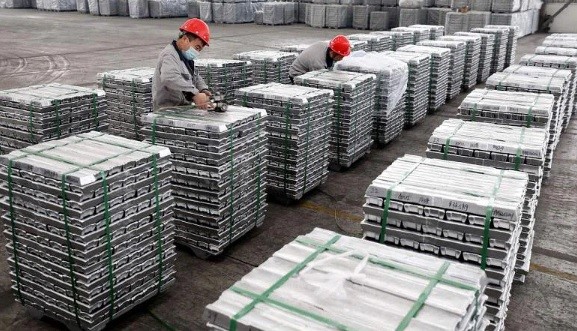

The incident in Guangdong's southern region, where many traders claimed that they were misled into extending a credit against fictitious quantities of aluminium, has stirred China’s metals market. As per the report, more than RMB 500 million ($75 million) may have been duped, secured by metal stocks kept in a warehouse in Foshan that proved out to be worth substantially less.

The numbers mentioned are insignificant, especially in the context of China's aluminium market. Last year, China produced almost $100 billion in lightweight metal, which was used in everything from window frames to automotive parts. This incident is similar to the Qingdao scandal that had rocked China’s metal market eight years ago.
Whether it's wheat, copper, or oil, commodity trading is often a high-volume, low-margin enterprise. Traders frequently pledge their assets as collateral for loans in order to improve cash flow. Warehouse warrants, which record data like the amount, quality, ownership, and location of the items, are used as collateral in the metals sector. The process of fabricating many warrants for a single stockpile of metals allows the owner to get loans from various lenders, a practise known as "over-pledging." A discrepancy between receipts and real metal amount might occur in such a method.
The steep decline in aluminium prices following the recent viral outbreak that shut down the whole city of Shanghai prompted some to try to seize the pledged metal, fearing that borrowers would default on their debts. According to the sources, the mismatch between too many warrants and not enough aluminium became obvious at that point.
Local authorities in Guangdong are investigating and will establish whether fraud happened, but because the warrants in issue were not filed with the Shanghai Futures Exchange, it will not be held responsible for probing the case's regulatory aspects. The creditors are more likely to go after the warehouses first for the stock while investigations are conducted to determine whether the borrowers are responsible for the losses.
The event is also having a negative impact on pricing. Aluminium prices have plummeted since word of the alleged fraud spread, making the traders hesitant to purchase the metal. There's also a chance that trust in other key markets for minerals like copper, nickel, and zinc, which rely on warehouse warrants, may be harmed.
Responses








